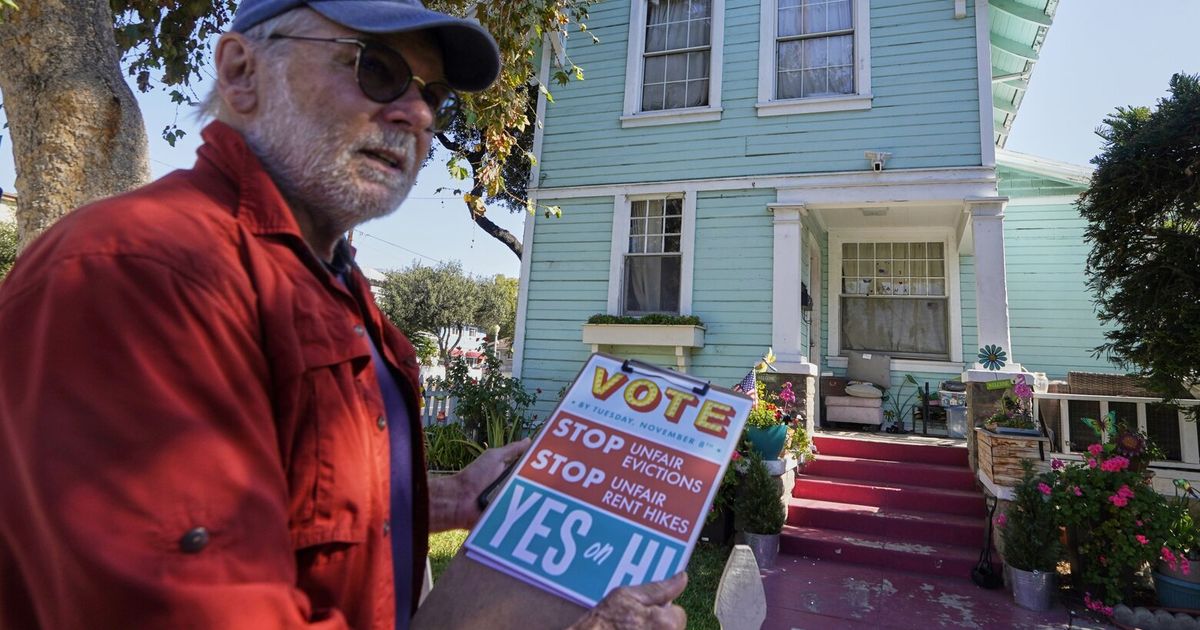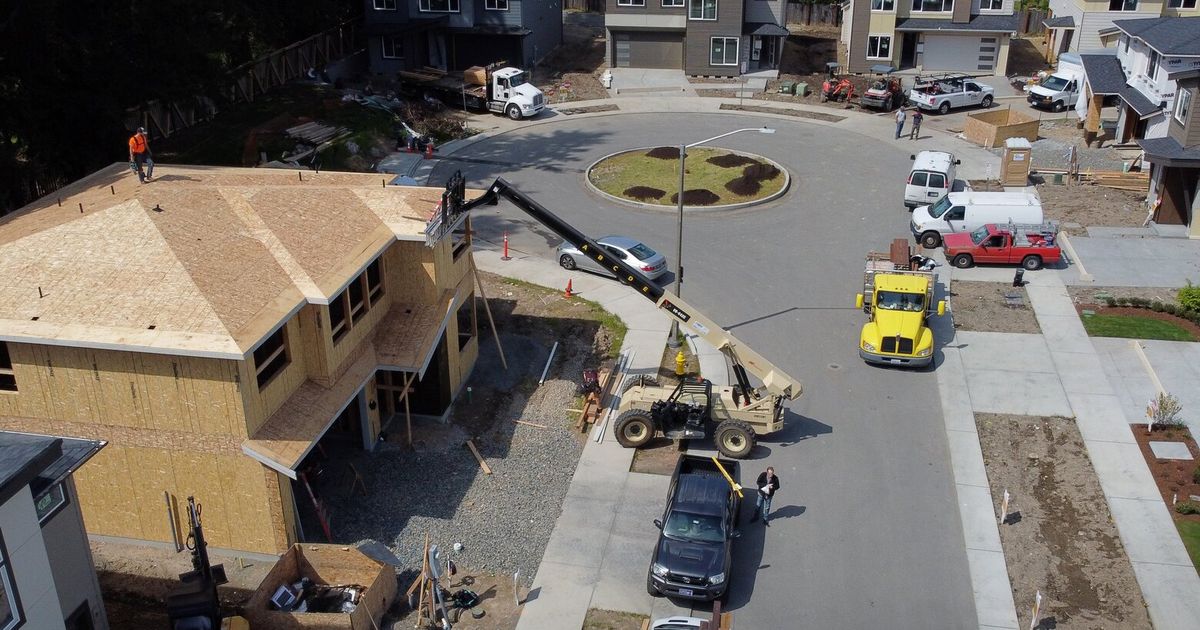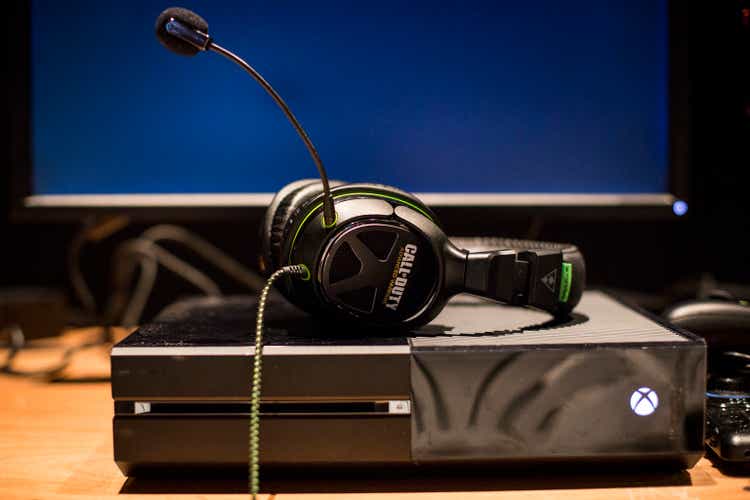Beijing and the Vatican agreed to extend the 2018 confidential agreement on appointing Catholic bishops in China for another two years in October, renewing it for the second time since 2020.
The renewal of the controversial arrangement is considered important to maintain communication between the two sides, long seen as antithetical to each other, though so far it has only resulted in the “ordination” of six bishops and the recognition of six more dioceses, defined as the territorial jurisdiction of a bishop.
Approximately one-third of the diocese of the Chinese Catholic Church, however, does not have a bishop, an indication that the implementation of the agreement has not only been slow but also marked by differences between the two sides.
The extension of the provisional agreement was confirmed by Pope Francis in an interview to Reuters on July 2.
“The agreement is moving well and I hope that in October it can be renewed,” Francis told Reuters,
The agreement hinges on the Vatican and China cooperating over the appointment of bishops, giving the pope the final say.
Details of the deal have never been made public.
“Diplomacy is the art of the possible and of doing things to make the possible become a reality,” Francis said in the interview.
Until about six years before the 2018 accord was first signed, it seemed impossible that any kind of diplomatic breakthrough was possible between China and the Vatican.
The hostility was not only because the Holy See had diplomatic ties with the self-governing island of Taiwan, which China claims as its own territory; currently, it is the only European country to have official ties with Taiwan.
There’s also the grim reality of Communist party-led China’s crackdown against religions including on Christianity and churches.
The crackdown led critics to say then that the 2018 deal was a “sellout” to Beijing’s authoritarian government and its open campaign to “sinicise” all religions in the country.
The process of “sinicisation” has picked up rapid pace under President Xi Jinping.
“Beyond the formal agreement, the Vatican (had) hoped it would lead to more mutually trusting dialogue about more freedom for Catholic communities in China. But as the document was being finalised (in 2018), Xi Jinping was launching his program for the Sinicisation of Chinese religions, which proactively tries to push all religions to conform to a version of Chinese culture embrace by Xi,” Richard Madsen, a leading expert on Chinese religion and culture, and Director, Fudan-UC Centre on Contemporary China, said.
“This means more pressure on Catholics and all other minority religions. With Xi’s new power such pressure will only increase,” Madsen added, referring to Xi emerging as the Communist Party of China (CPC) general secretary for the norm-breaking third term in October.
Mosques and churches have been targeted in the intermittent crackdown against religions in China; Islam and Christianity are targeted more because they are “foreign” religions, open to external influence.
Officially atheist, China recognises five religions: Buddhism, Catholicism, Protestantism, Daoism and Islam but strictly regulates their practise through CPC-affiliated organisations.
As recently as in 2012, Beijing and the Vatican were sparring over the appointment of bishops in China.
In July 2012, the Vatican condemned the appointment of a Catholic bishop by the Chinese government and issued a scathing statement against it.
“All Catholics in China, pastors, priests, consecrated persons and lay faithful, are called to defend and safeguard that which pertains to the doctrine and tradition of the Church,” the Vatican said in the statement, refusing to recognise the ordination of Reverend Joseph Yue Fusheng in the northeastern province of Harbin.
Yue hadn’t been blessed by the pope and his appointment was “meaningless”, the Vatican said.
Yue’s appointment coincided with the detention of Rome’s newly-ordained bishop Thaddeus Ma Daqin as the auxiliary bishop of Shanghai.
The Vatican praised Thaddeus Ma Daqin, who was restricted by the Chinese government after he said he would give up his role in the government-approved Catholic Patriotic Association, a Chinese government-run organisation.
Since then, the ties between the two sides have gradually improved over the years, especially since the signing of the agreement in 2018.
“The Vatican is slowly developing a cooperative relationship with Beijing, which has approved six bishops while the Vatican has approved seven Bishops approved by the United Front Work Department (of the CPC). The Vatican is still trying to work within the new 2018 religious regulations that have severely restricted religious activities of the five approved religions,” Lawrence C. Reardon, Associate Professor, Department of the Political Science University of New Hampshire, Durham, said.
“And while the Vatican has encouraged the unofficial Chinese church to work more closely with the CCP-approved church, the Vatican remains concerned about those underground Catholic leaders and parishioners detained by the party state,” Reardon said.
Experts say that the Vatican is aware and concerned about the crackdown on Christians in China.
“The Chinese party-state continues to strengthen controls over all organised religions. Thus, all priests in the Chinese Catholic Church are required to register with the party-state,” Reardon said, adding that Chinese children are forbidden from attending church services, undergoing Catholic teaching, and receiving the sacraments.
By limiting the appointment of religious leaders, forcing the registration of all Chinese priests, including those of the unofficial church, and preventing the evangelisation of the faith to China’s youngest people, the Chinese party-state continues to strengthen its control over the people’s religious beliefs.
“This control was strengthened during the past two years of Xi Jinping’s Zero-Covid policy during which time the Chinese party-state closed all religious venues and suppressed all religious activities,” Reardon said.
Given Rome’s history of dealing with persecution through history, it has had to deal with various leaders from communist authoritarians to religious fundamentalists who suspect the Vatican of carrying out “illegal” activities, including proselytizing and promoting civil society.
“Wherever possible, the regional church is instructed to work with authorities to protect Catholic parishioners and clergy yet to be in full communion with the pope. This can be seen as hypocritical, but Catholicism has survived over the centuries by learning to bend when needed, but not to break,” Reardon said.
In September, the Vatican told China that Francis was willing to meet Xi while they were in Kazakhstan but Beijing declined, saying there was not enough time.
“Xi Jinping doesn’t seem to want ‘dialogue’ with the Pope,” Madsen said.
Sutirtho Patranobis, HT’s experienced China hand, writes a weekly column from Beijing, exclusively for HT Premium readers. He was previously posted in Colombo, Sri Lanka, where he covered the final phase of the civil war and its aftermath, and was based in Delhi for several years before that
The views expressed are personal















